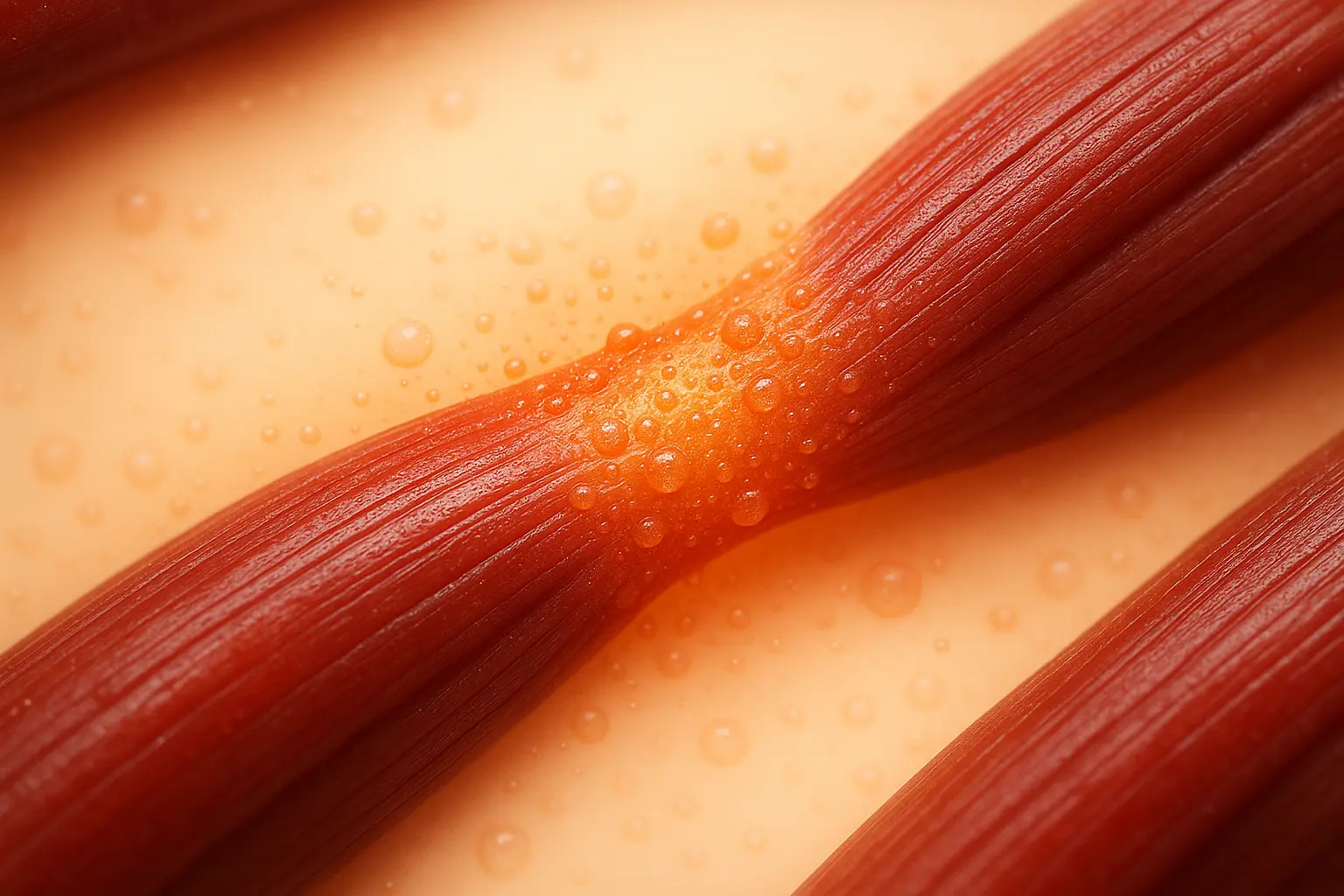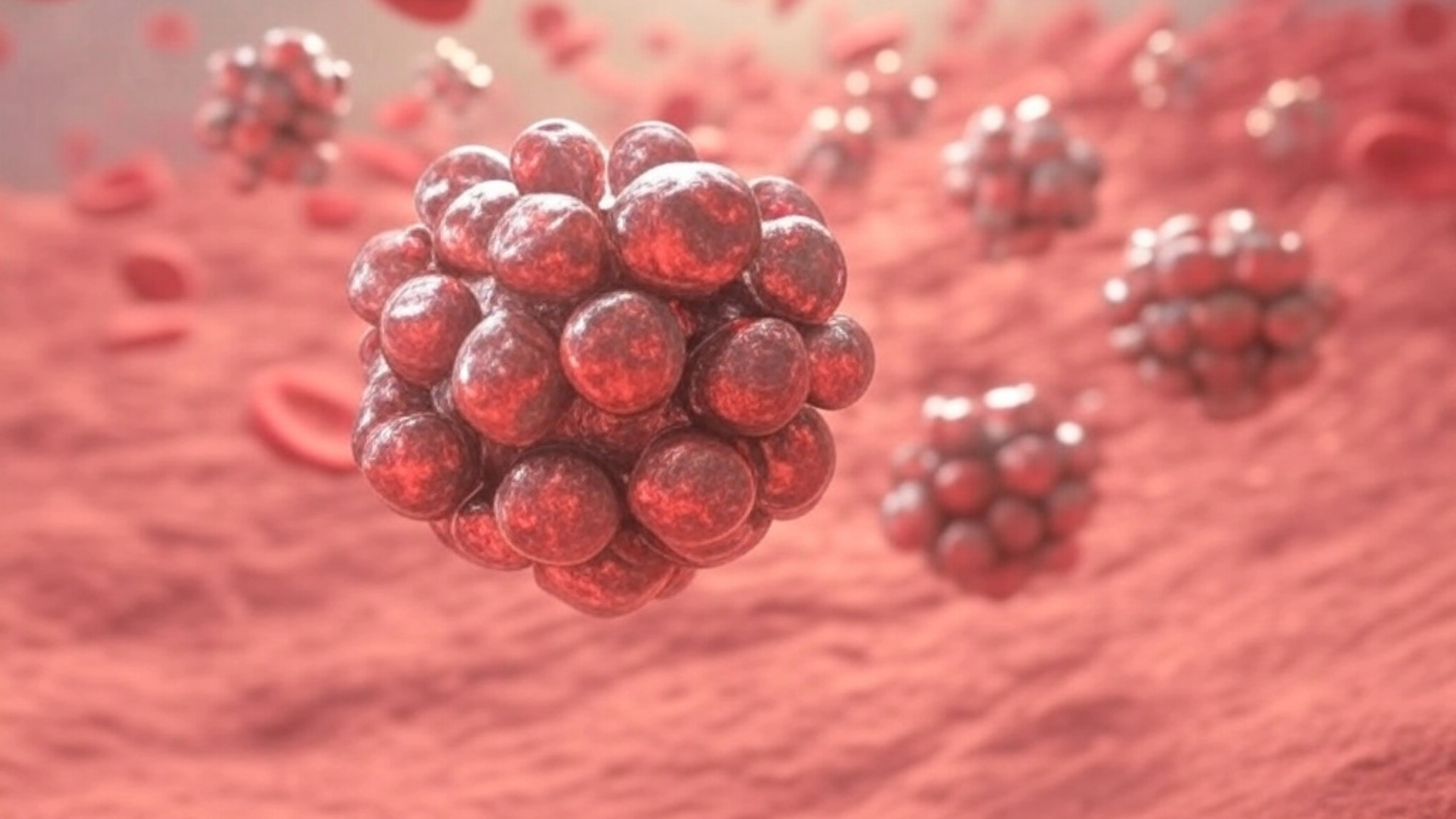Humans have been obsessed with why we do things for as long as we’ve been able to think about thinking. You’ve got philosophers, scientists, and self-help gurus all chiming in—each with their own spin. Some say it’s willpower; others blame discipline, and a few toss around big words like “grit” or “purpose.” To be honest, many of these ideas only touch the surface of the topic.
The truth is, there’s no single, magic answer. Why we act—or don’t—is this complex blend of biology, environment, past experiences, and even what we had for breakfast. People argue about whether motivation even exists or if it’s just a made-up concept to sell books and seminars. And honestly, they might have a point.
But none of that matters when you look at the science. Forget about debates on motivation or willpower for a second. The real reason people get up and do things lies in how the human body and brain are designed. It’s not about “feeling inspired” all the time—it’s about understanding the systems already in place that nudge you to take action, whether you realize it or not.
So, let’s strip away the opinions, the theories, and the BS. What’s left is biology—a cheat code for getting things done if you know how to use it. And the best of all? It’s all baked into who we are.
Let’s break it down, plain and simple: here are 10 reasons why humans can do things—not because of some mythical spark of motivation, but because of how we’re wired to function.
Dopamine: The drive chemical
Dopamine isn’t just the “feel-good” hormone; it’s the “get-it-done” hormone. It spikes when we set and achieve goals, even small ones. This means your brain literally rewards you for making progress. Start small, see results, and watch the momentum build.
Neuroplasticity: Change is in your head
Your brain isn’t fixed—it adapts. If you consistently act a certain way (even if you don’t feel like it), your brain rewires to make it easier over time. You become what you repeatedly do, so yes, habits do matter.
Cortisol: Stress that moves you
A little stress can be a good thing. When balanced, cortisol sharpens focus and boosts energy. Deadlines and challenges can actually push you to act—it’s about using stress, not avoiding it.
Endorphins: Nature’s painkillers
Physical activity releases endorphins, which reduce pain and create a sense of accomplishment. Ever notice how a tough workout leaves you mentally sharper? That’s your body reinforcing effort with a feel-good boost.
Glucose: The brain’s fuel
Your brain runs on glucose. Stable blood sugar levels keep your focus sharp and your energy steady. It’s science—good nutrition isn’t optional if you want to show up strong.
Oxytocin: Connection powers action
When you’re supported or part of a community, oxytocin levels rise. That’s the “bonding hormone” that makes you feel connected and inspired to act. Who you surround yourself with absolutely matters—it’s chemistry, not just talk.
Adrenaline: Fight or flight
Adrenaline isn’t just for emergencies. It’s also a hormone that kicks in when you’re excited or challenged, giving you energy and focus. Channel it into purposeful action instead of letting it spin you out.
Sleep and the glymphatic system
When you’re in deep sleep, your brain flushes out toxins and resets for the next day. Proper rest isn’t just recovery—it’s preparation. Without sleep, you’re trying to drive on an empty tank. Prioritize it.
Muscle Memory: The body learns too
Repetition builds muscle memory, making tasks easier over time. Whether it’s a physical skill or a mental routine, your body adapts to what you teach it. Practice isn’t just for perfection—it’s for efficiency.
The Reward Loop: Anticipation matters
Your brain loves anticipation almost as much as the reward itself. Knowing there’s a payoff—whether it’s finishing a task or treating yourself afterward—keeps you engaged. Leverage this by setting up systems that reward progress.
Biology-Based Blueprint For Action
| # | Biological Driver | Action Plan |
|---|---|---|
| 1 | Dopamine: The Drive Chemical | Pick one goal, break it into bite-sized tasks, and knock them out one by one. Celebrate every win—even the small ones. |
| 2 | Neuroplasticity: Change Is in Your Head | Show up every day for what matters. Repetition rewires your brain—make it work for you. |
| 3 | Cortisol: Stress That Moves You | Use deadlines to create a little pressure. Enough to get you focused, but not fried. |
| 4 | Endorphins: Nature’s Painkillers | Move. Walk, stretch, lift weights—it’s all fuel for your mood and momentum. |
| 5 | Glucose: The Brain’s Fuel | Keep your energy steady. Eat real food, drink water, skip the sugar rollercoaster. |
| 6 | Oxytocin: Connection Powers Action | Share your plans with people who have your back. Support breeds action—it’s biology. |
| 7 | Adrenaline: Fight or Flight | Step into challenges that stretch you. Adrenaline gives you focus and energy when you need it most. |
| 8 | Sleep and the Glymphatic System | Protect your sleep. Your brain’s cleanup crew needs 7–9 hours to prep you for success. |
| 9 | Muscle Memory: The Body Learns Too | Practice, repeat, refine. Whether it’s a skill or a habit, make it automatic by showing up consistently. |
| 10 | The Reward Loop: Anticipation Matters | Pick a reward that excites you. Use it to keep moving forward—your brain loves a good payoff. |
Take home message
You’re wired to act, adapt, and succeed. Physiology gives you the tools—you need to work with them, not against them. Skip the motivational hype and tap into what’s already in you. Start small, stay consistent, and let biology do its thing.



